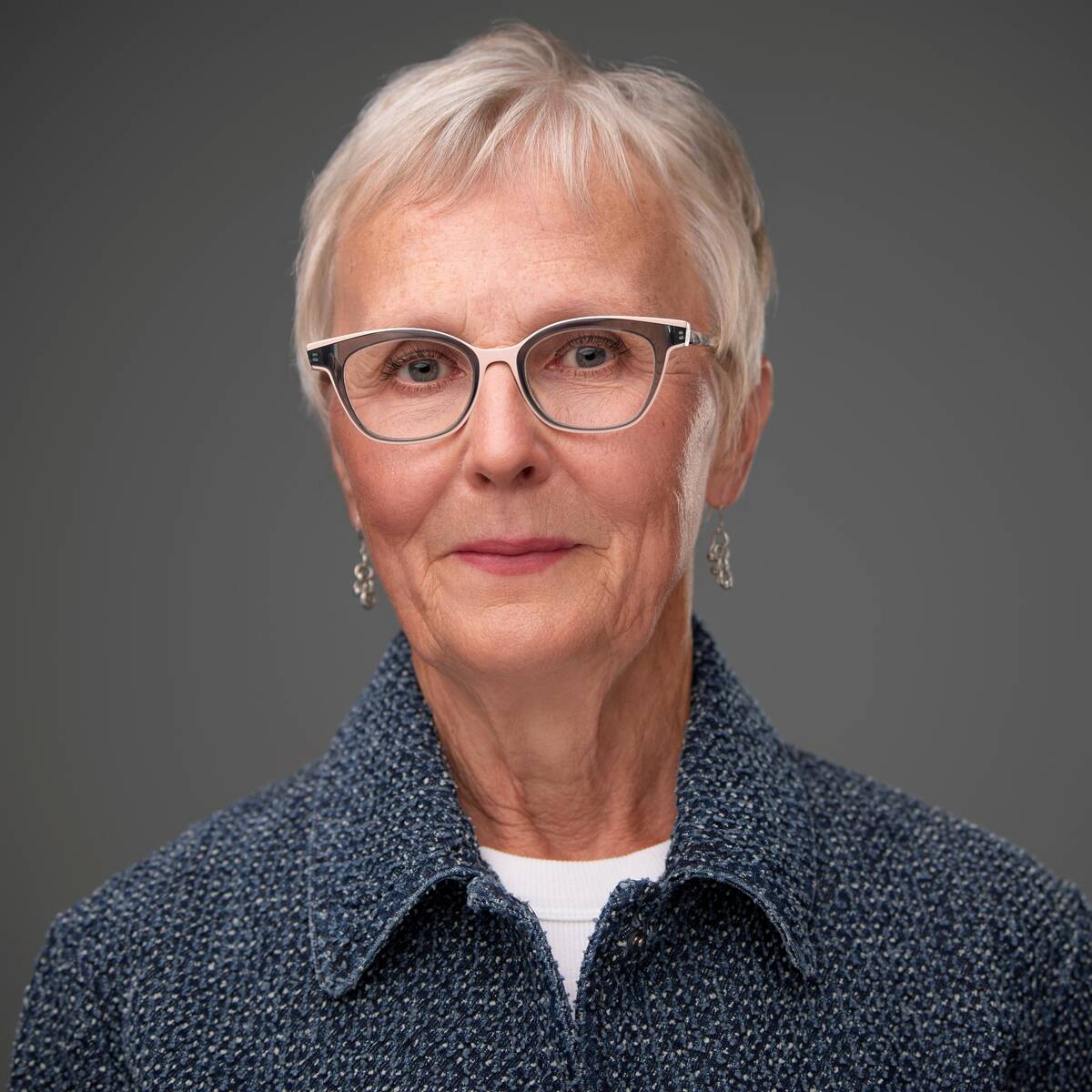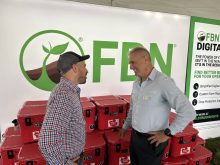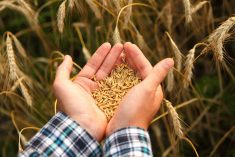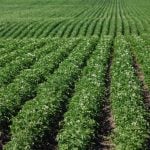 Leaders of regional and municipal governments from across British Columbia have adopted a resolution asking the provincial government to declare B.C. a genetically modified organism-free area with respect to all plant and animal species. The resolution was brought before the Union of B.C. Municipalities (UBCM) 2013 annual convention in Vancouver Sept. 19.
Leaders of regional and municipal governments from across British Columbia have adopted a resolution asking the provincial government to declare B.C. a genetically modified organism-free area with respect to all plant and animal species. The resolution was brought before the Union of B.C. Municipalities (UBCM) 2013 annual convention in Vancouver Sept. 19.
Read Also

A place of national honour for former deputy ag minister, Dori Gingera-Beauchemin
Long public service, focus on community and industry leadership launch Dori Gingera-Beauchemin into 2025 Canadian Agricultural Hall of Fame honourees
The resolution asks for a ban on importing, exporting and growing plants and seeds containing genetically engineered DNA, and raising GE animals within B.C.
The motion generated extensive debate from the floor, including farmers speaking passionately for and against the motion.
Among those supporting the ban was Richmond city councillor Harold Steeves, who raises grass-fed cattle in the B.C. Interior and Lower Mainland.
“A growing number of B.C. ranchers have switched to grass-fed beef and are direct marketing. We are making way more money than we ever did when we shipped our cattle to Alberta to be grain fed, but we depend upon alfalfa,” says Steeves. “We simply do not want to be in a position where we are marketing beef that has been fed alfalfa that is contaminated,” referring to Monsanto’s glyphosate-tolerant variety.
“This is really opening up the whole issue. We are asking for B.C. to be the first major jurisdiction in Canada to follow suit with Europe and all the other countries that have banned GE crops,” he adds.
More than 60 municipalities in B.C. passed similar GE-free resolutions prior to the UBCM convention. The discussion has stepped up the rhetoric on both sides of a debate that is as divisive within B.C.’s agricultural community as it is among the consumer public.
Debates at the local level have divided the farm community along commodity lines, large- and small-scale agriculture, organic and conventional, new farmers and old. It has also raised concerns about the increasing influence of public opinion on farm practices.
Jurisdiction questioned
“Legally, municipal governments have no jurisdiction over regulation such as this, and the Right to Farm Act would supersede it,” said Jen Woike, councillor and large-scale egg producer in the Municipality of North Cowichan on Vancouver Island.
The B.C. Farm Practices Protection Act, commonly known as the Right to Farm Act, protects the rights of farmers to conduct their business within the parameters of “normal farm practice.” The definition under the act includes the use of innovative technology in a manner consistent with proper advanced farm-management practices.
Implementing the resolution would affect many livestock producers.
“I have 60,000 laying hens on my property and we cannot source non-GMO feed,” says Woike. “To make a sweeping ban like this, you really put pressure on the dairy industry, the poultry industry and hog industry who use feed products.”
Whether the resolution will have any impact at a policy level has yet to be seen. Responsibility for regulation of food and agricultural products rests with Health Canada, and the Canadian Food Inspection Agency. B.C.’s agriculture minister, Pat Pimm, has given no indication that his government is interested in taking a strong position on the issue.
“There has been a lot of good debate and discussion about the topic with many different opinions expressed both at UBCM and elsewhere,” Pimm said. “I will certainly share the results of the vote and summary of the debate with the federal minister, as it is the federal government’s jurisdiction to approve or deny foods for production in Canada.”
The B.C. government is required to provide a written response to UBCM on each of the resolutions that pass. The official response from the Ministry of Agriculture is expected in the coming weeks. The response will outline any steps the provincial government will take, and allows the government time to consider and discuss the resolution.


















